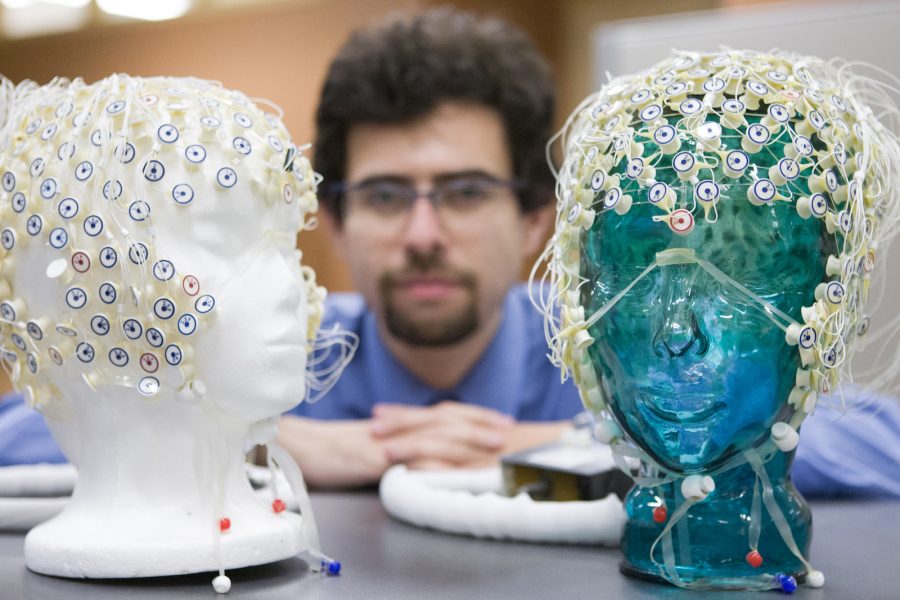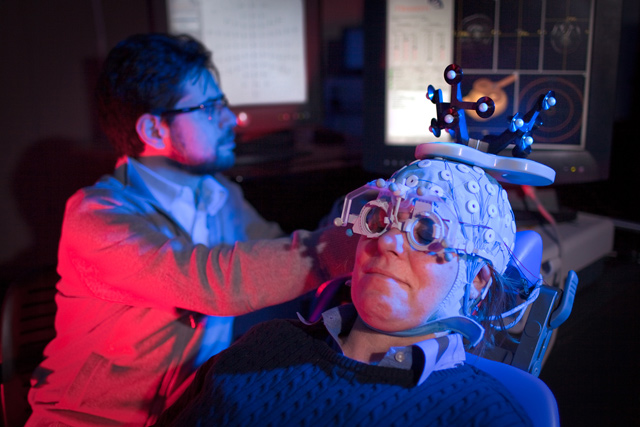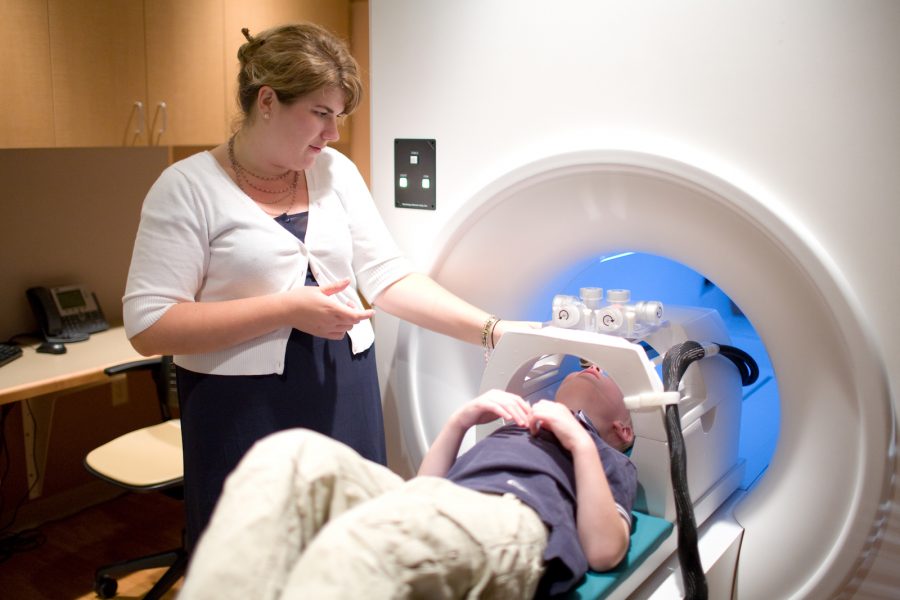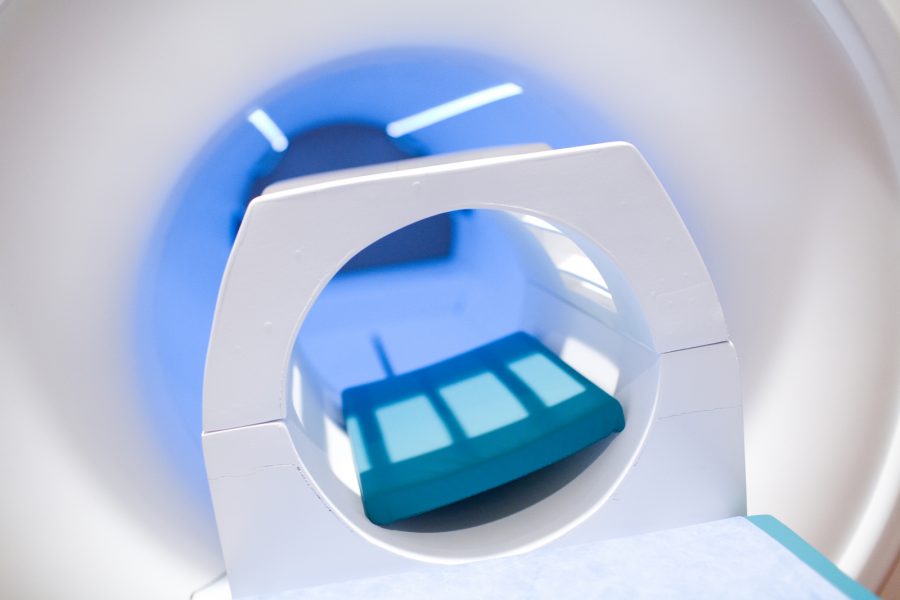Innovative Research to Promote Improved Scientific Understanding and Treatments
At the University of Wisconsin Department of Psychiatry, we are dedicated to developing better methods to diagnose and treat patients with mental illness. While we have many good treatments currently, there is still a long way to go from the standpoint of developing medications and psychotherapies that are more effective, have less side-effects, and which directly impact the long-term functioning and health of patients.
To accomplish this, the field needs a clearer understanding of the factors that cause mental illness, which requires state-of-the-art scientific inquiry. Our department takes this challenge very seriously by dedicating significant resources to research efforts.
Our research covers many topics with the core focus on the major psychiatric disorders, which include: depression, bipolar disorder, anxiety disorders, psychotic disorders (including schizophrenia), personality disorders, ADHD, and developmental disorders (such as autism). Additionally, we are very focused on the early life factors that contribute to the risk of developing these illnesses. This approach in children has the potential to enable the development of new treatments with the hope of preventing the onset and/or long-term consequences of serious mental illness.
All psychiatric illnesses are influenced by and involve common themes. These themes are represented in many of our research projects and include: sleep, consciousness, emotion regulation & anxiety, response to stress, traumatic experiences, and genetic vulnerabilities.
We have outstanding researchers who are dedicated to this mission and who also regularly interact with our clinical faculty and staff. This collaboration is one of the strengths of this department because energizes and informs both our clinical work and our research, and helps focus our research efforts on the most relevant questions.
In addition to our researchers, we have exceptional resources and technology that support state of the art scientific studies, including: The Lane Neuroimaging Lab (which houses a 3t MRI machine), The Wisconsin Institute for Sleep and Consciousness (which houses a serial block-face scanning electron microscope – one of only three in the United States), and The HealthEmotions Research Institute. These research efforts have been supported by federal funding from the National Institutes of Health (NIH) and other national agencies.
Importantly, we acknowledge and are extremely grateful for the philanthropic support from families and individuals who share our vision to develop new and better ways to reduce the suffering of those coping with the challenges of living with mental illness.








